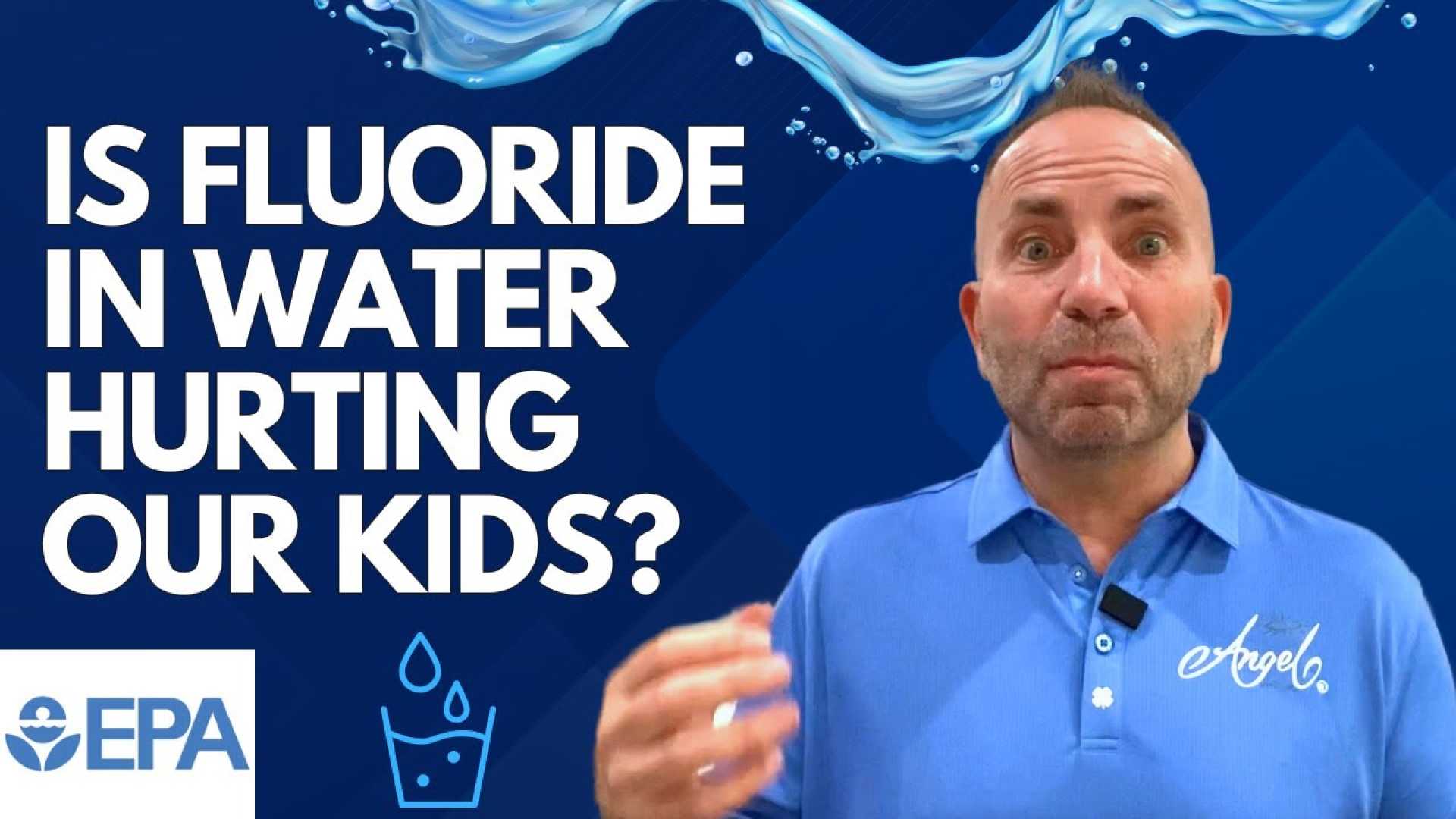Health
Debate Over Water Fluoridation Intensifies as Trump Administration and Court Rulings Challenge Long-Standing Practice

The long-standing practice of water fluoridation is facing significant challenges, sparked by recent developments involving the Trump administration and federal court rulings. In New York City, which has been adding fluoride to its tap water since 1965, Mayor Eric Adams initially expressed uncertainty about the benefits of fluoridation. However, after consulting health experts, Adams reaffirmed his support for the practice, citing its proven benefits in reducing dental decay and aligning with public health recommendations.
At the national level, President-elect Donald Trump has indicated his willingness to allow Robert F. Kennedy Jr., a vaccine skeptic and environmental attorney, to challenge water fluoridation. Kennedy argues that fluoride exposure is linked to various health issues, including bone disorders and cognitive impairments, despite lacking formal medical or public health credentials. This stance is supported by some high-profile voices, including Linda Birnbaum, a former director of the National Institute of Environmental Health Sciences, who praised a recent court ruling that suggests fluoride may pose health risks to fetuses and infants.
A federal court ruling by U.S. District Judge Edward Chen in Northern California has ordered the Environmental Protection Agency (EPA) to strengthen regulations around fluoride in drinking water, citing potential health risks. This ruling has given the Trump administration a pathway to potentially ban fluoride in drinking water under the Toxic Substances Control Act, although the Biden administration could still appeal the decision.
In Oregon, two ballot measures aimed at fluoridating drinking water in Hillsboro and Lebanon were recently rejected by voters, reflecting a longstanding opposition to fluoridation in the state. Similar efforts have been consistently rejected in Portland, the nation’s largest city without fluoridated drinking water. Local health advocates argue that removing fluoride would lead to increased dental health issues and higher costs for healthcare services.
Despite these challenges, public health experts continue to emphasize the broad benefits of water fluoridation, particularly for communities lacking access to regular dental care. The Centers for Disease Control and Prevention (CDC) has consistently supported fluoridation as a key public health measure, highlighting its role in dramatically reducing cavities and promoting oral health).












